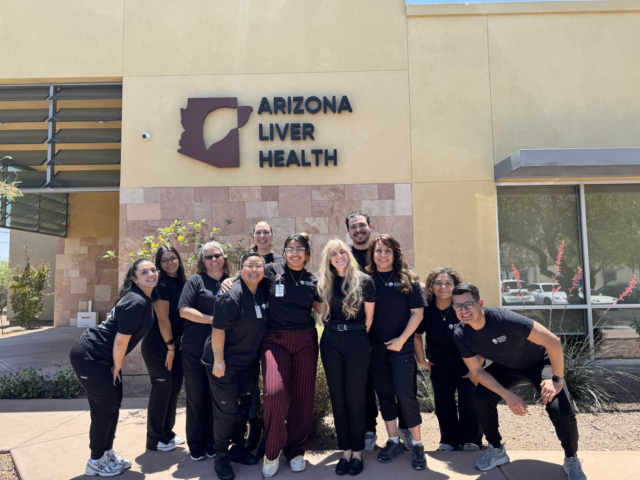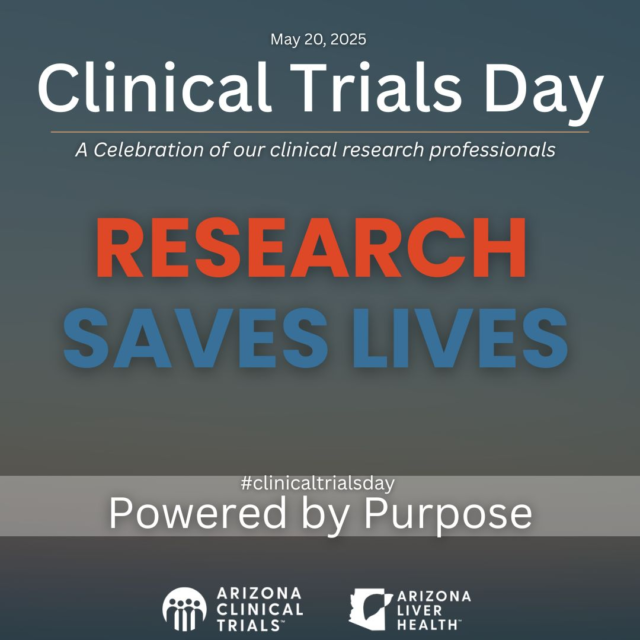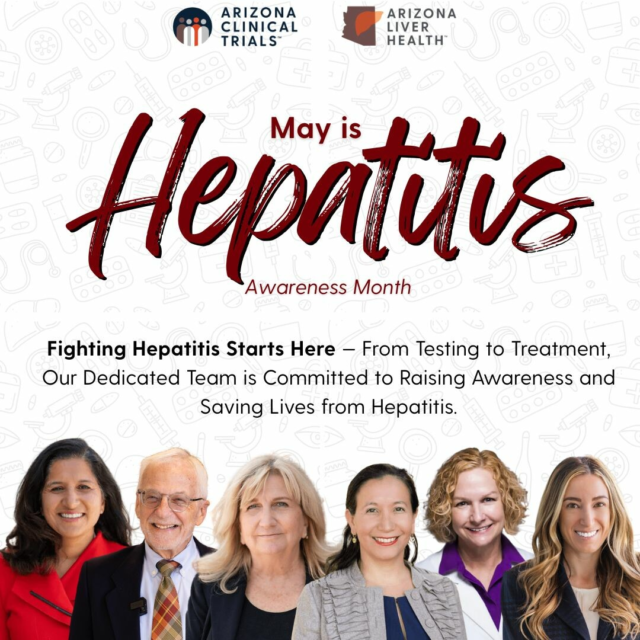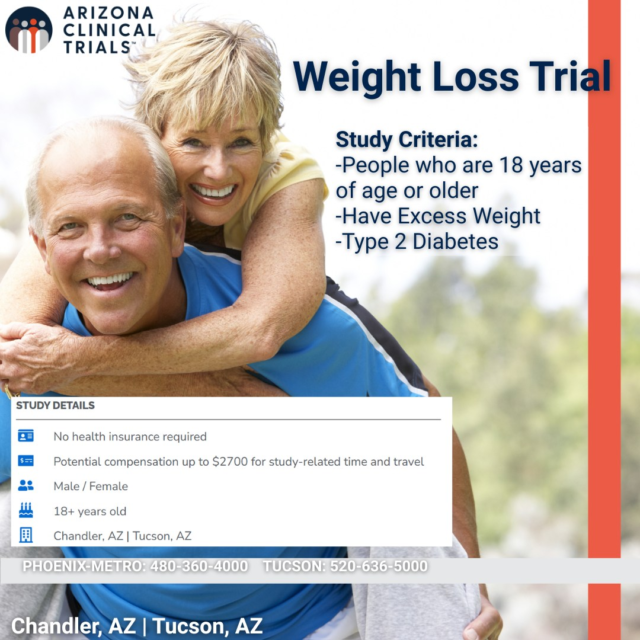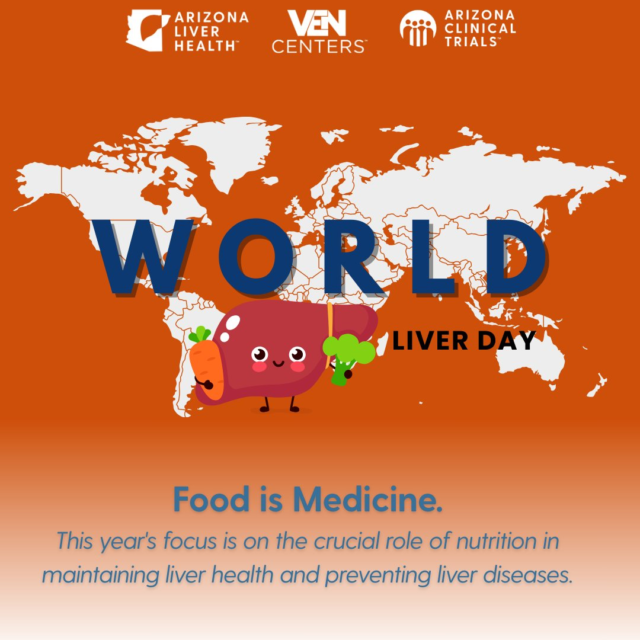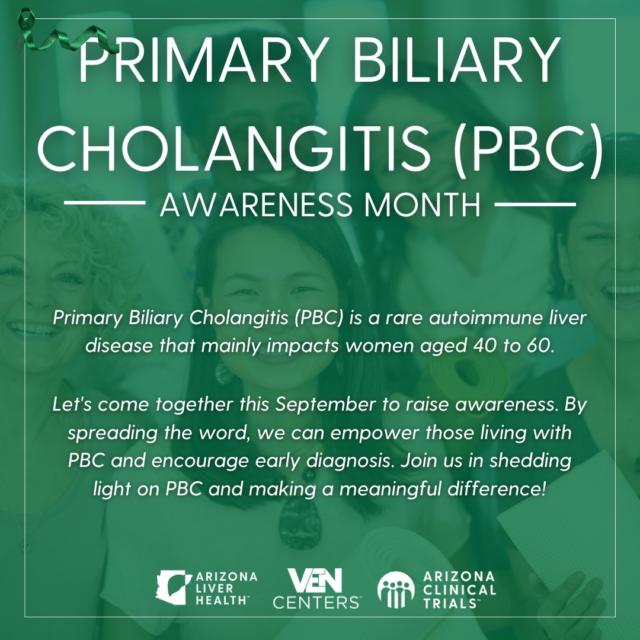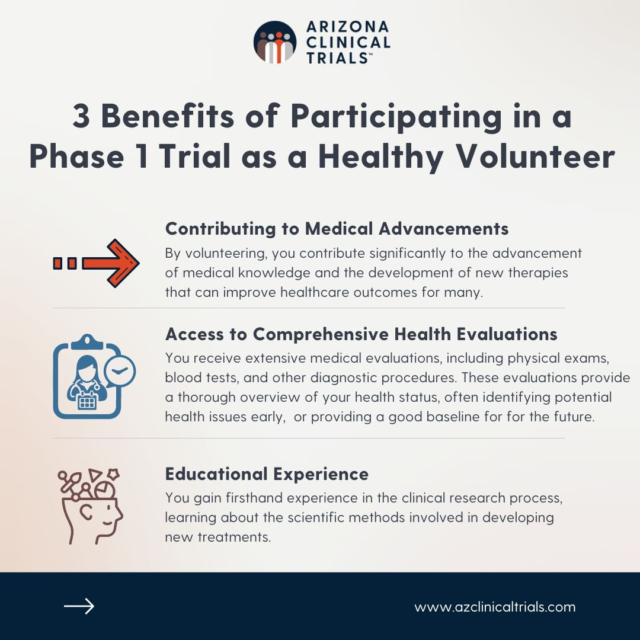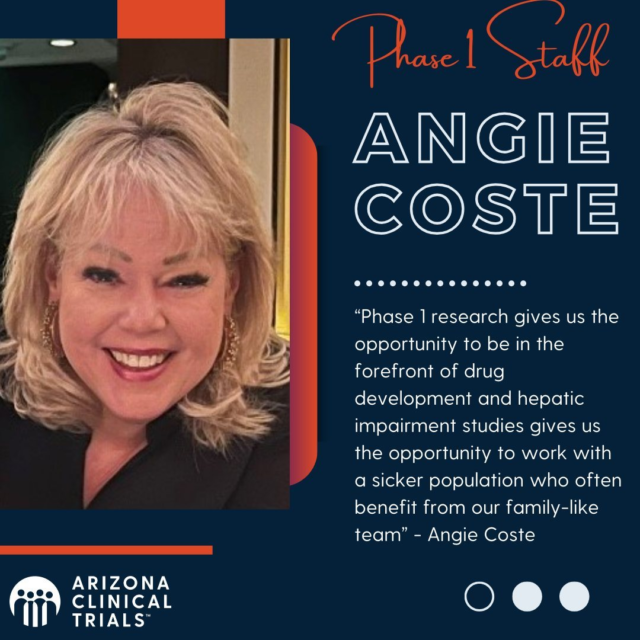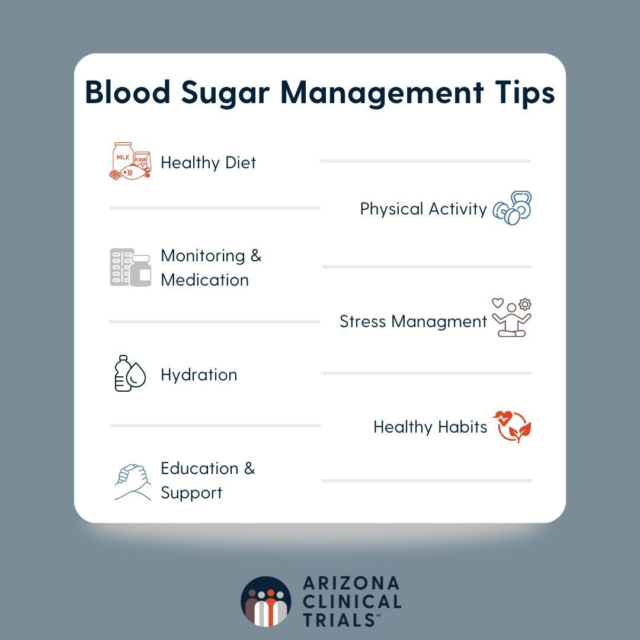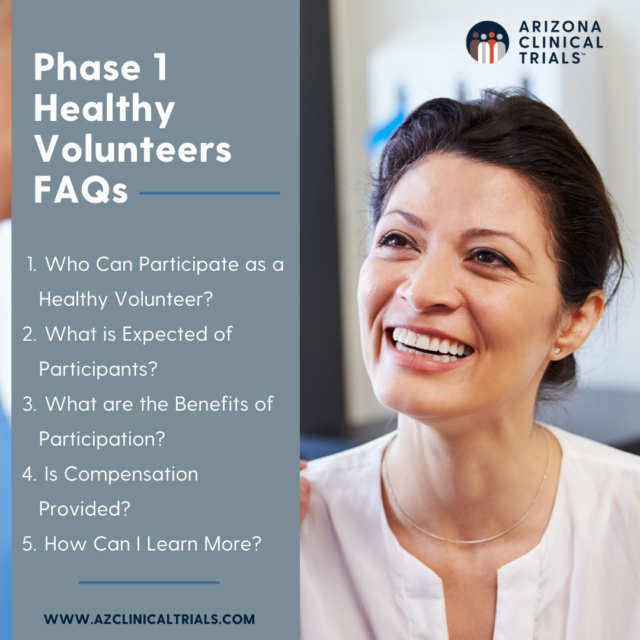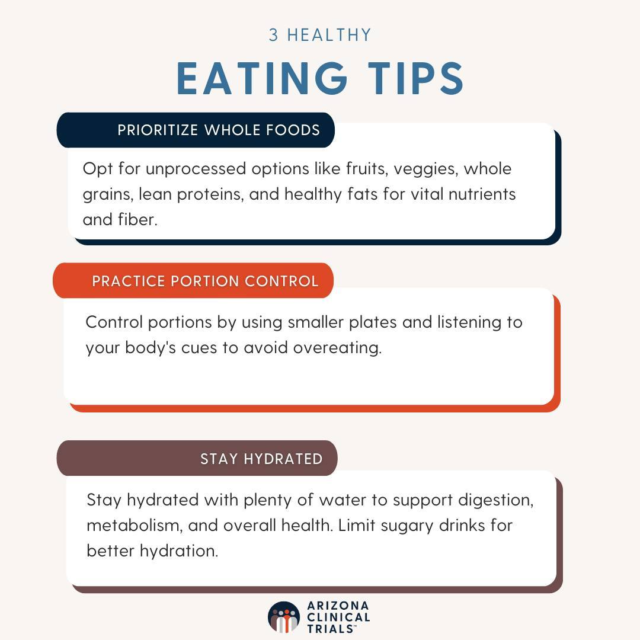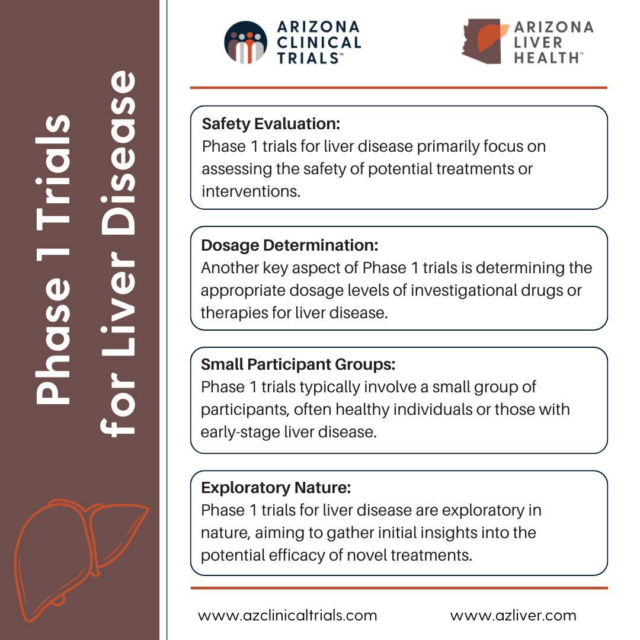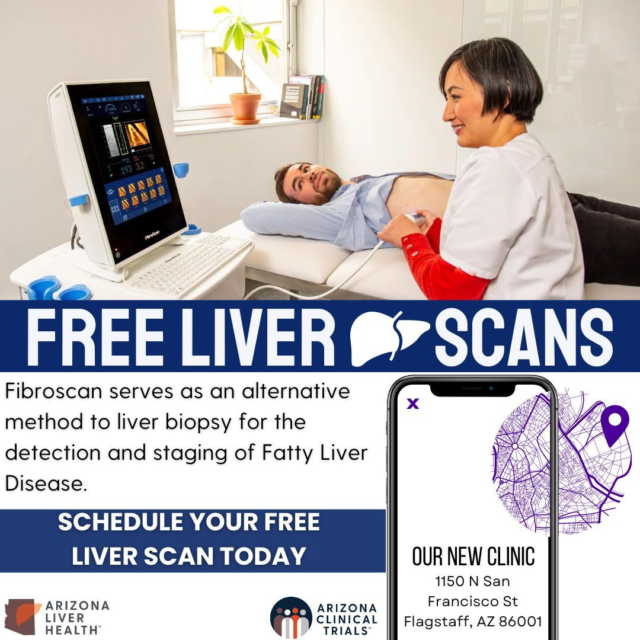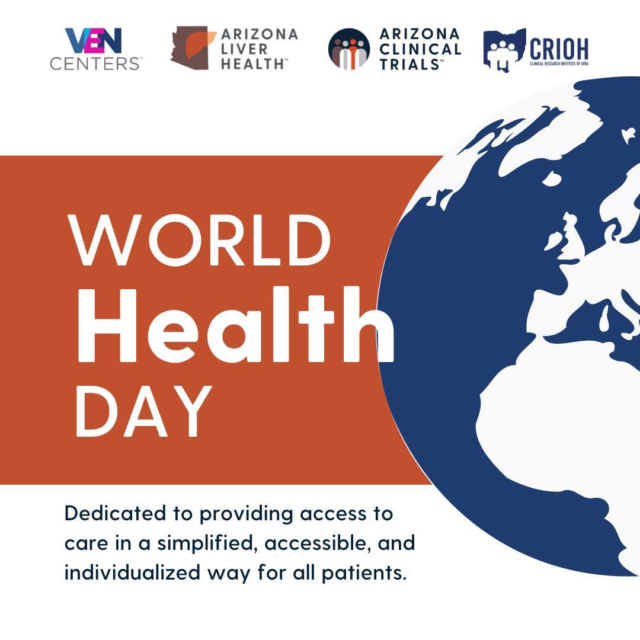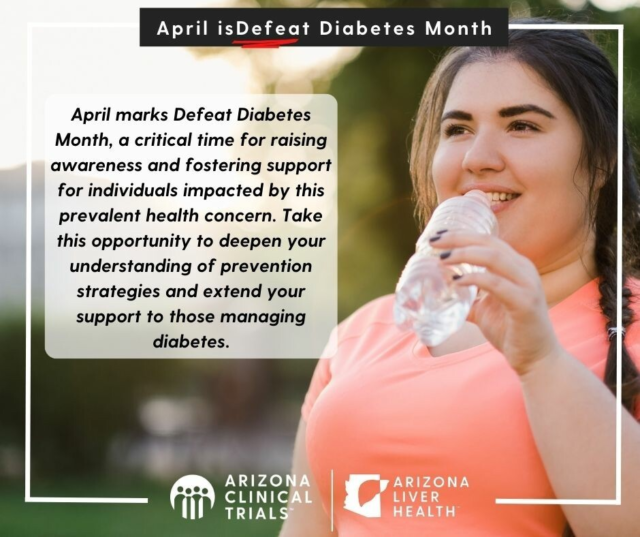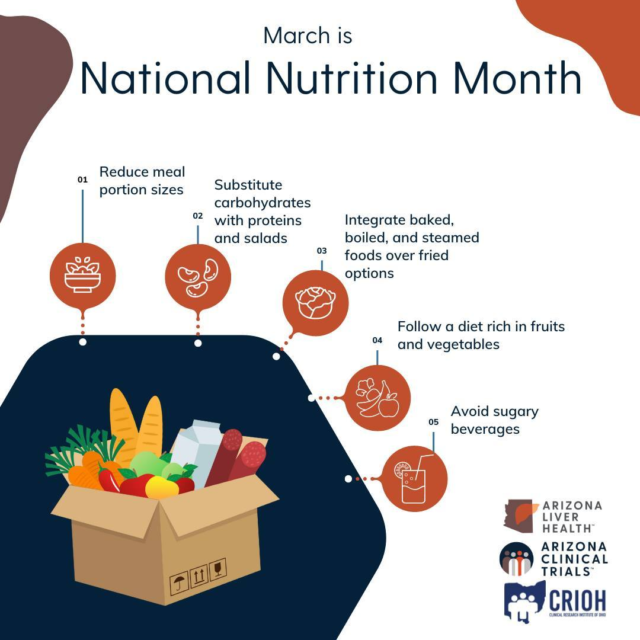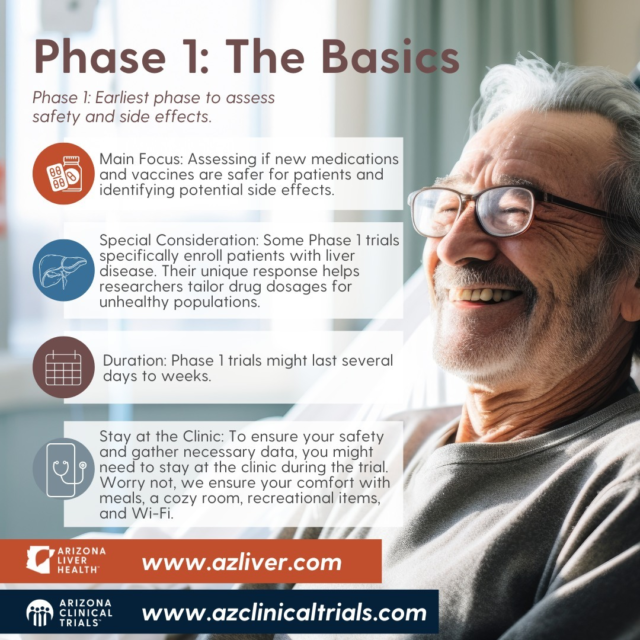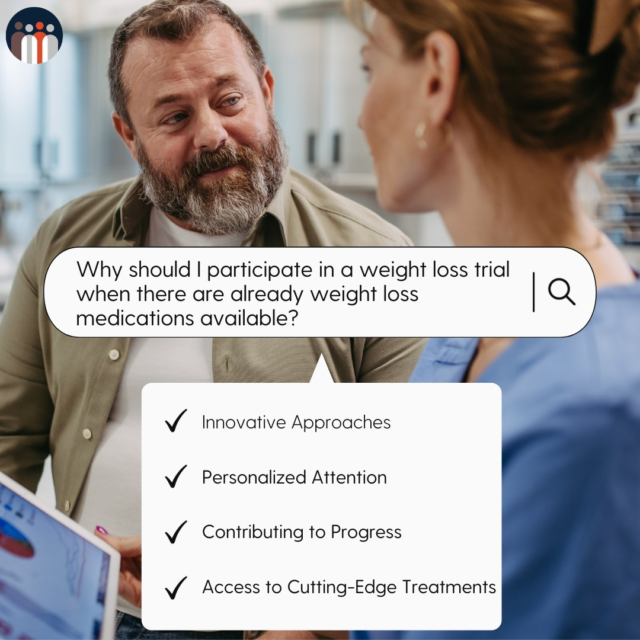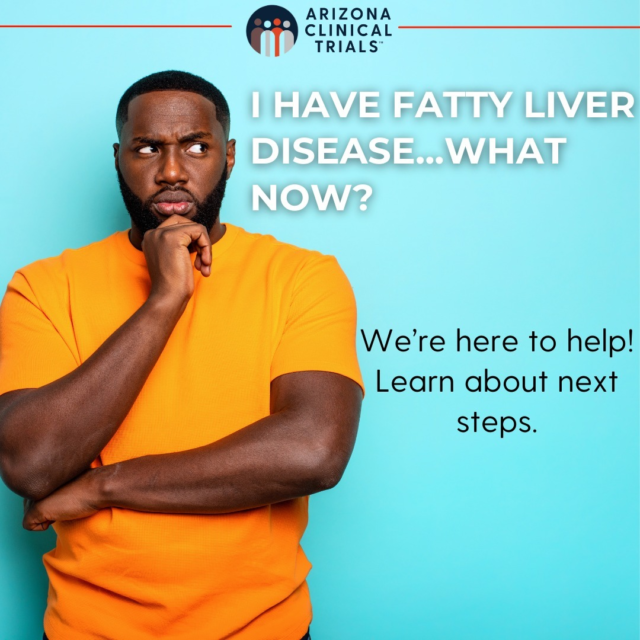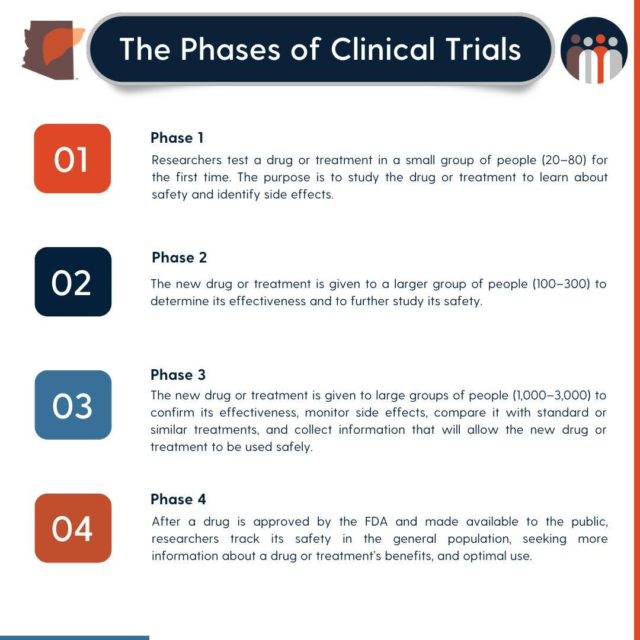The Sudden Wave of Hepatitis Amongst Children
A recent upsurge in hepatitis cases involving children has caused alarm nationwide. Let’s dive into why this age group is suddenly experiencing a spike in occurrences.
An Origin Story – How Cases of Hepatitis Amongst Children Began
The first flare-up of hepatitis in kids emerged in the United Kingdom in early April of this year. A total of 10 severe cases were brought to the attention of the World Health Organization. All of them were ages ten and younger. The numbers, however, did not end here. As of June 2022, thirty-three countries were combating the hepatitis outbreak in children and, when combined, equaled a sum of 920 reported cases. Arizona is considered to be one of the hot zones for activity.
What You Should Know About Hepatitis Amongst Children
When a child has hepatitis, they will experience an inflammation of their liver. A list of different viruses can cause this; however, the two most common are hepatitis B and hepatitis C. A link doctors are finding between the newfound cases in children involves a virus by the name of adenovirus. There is expected to be about 100 types of this virus and fifty percent known capable of infecting humans. When discussing hepatitis, you may often hear the terms acute and chronic hepatitis mentioned. Here’s what they mean.
- Acute hepatitis occurs when a child with no previous health issues begins to display liver concerns.
- Chronic hepatitis deals with predisposed children with ongoing issues with liver disease.
Tell-Tale Symptoms of Hepatitis Amongst Children
What’s particularly odd with this volume of cases is that it’s very unusual to encounter a healthy child with such severe liver injury suddenly. Children may even go on to develop Non-Alcoholic Liver Disease (NAFLD). This takes place when the liver becomes intruded with a fat named steatosis. If inflammation or scarring come about, it’s then called steatohepatitis or the more commonly used NASH. If you’re worried your child or a child that you know may be combating hepatitis, here are some signs to look out for.
- Fever
- Nausea or vomiting
- Stomach pain
- Diarrhea
- Yellowing of skin and eyes
- Flu-like symptoms
- Joint pain
- Loss of appetite
- Dark urine or Clay-colored stool
Prevention of Hepatitis in Children is Around the Corner
It’s hard to not feel overwhelmed when something concerns our little ones or ones we know, but thankfully there are preventative measures that can be taken to ensure the safety of those you care about. If there’s one thing kids love, it’s touching everything in sight. A simple implementation of routine handwashing throughout the day can go a long way in helping stop the spread of hepatitis from child to child. You can also assist on your end by providing the child with supportive care, such as introducing a healthy diet into their daily routine and assuring they receive the necessary rest. Medications are also frequently used for treatment, depending on the individual case. Last but most certainly not least are vaccines. Currently, vaccinations for hepatitis A and B are readily available. This is a tremendous precaution to employ especially in young children before the exposure that follows age.
The Investigation Continues
To see so many cases of hepatitis affecting such a young demographic nationally and in the state of Arizona naturally bumps it up to the top concern for the CDC. At this time, adenovirus remains the believed leading cause for hepatitis in children, but investigation remains ongoing. The CDC is working with state and local health departments to help gather as much data as possible in hopes to best prevent the spreading of hepatitis in children.
Here at Arizona Liver Health, we believe research and awareness are the future to a better tomorrow. To learn more about hepatitis, check out our blog or contact us here with any questions or concerns you might have!
Resources:
https://www.cdc.gov/mmwr/volumes/71/wr/mm7118e1.htm?s_cid=mm7118e1_w
https://www.who.int/emergencies/disease-outbreak-news/item/2022-DON394

